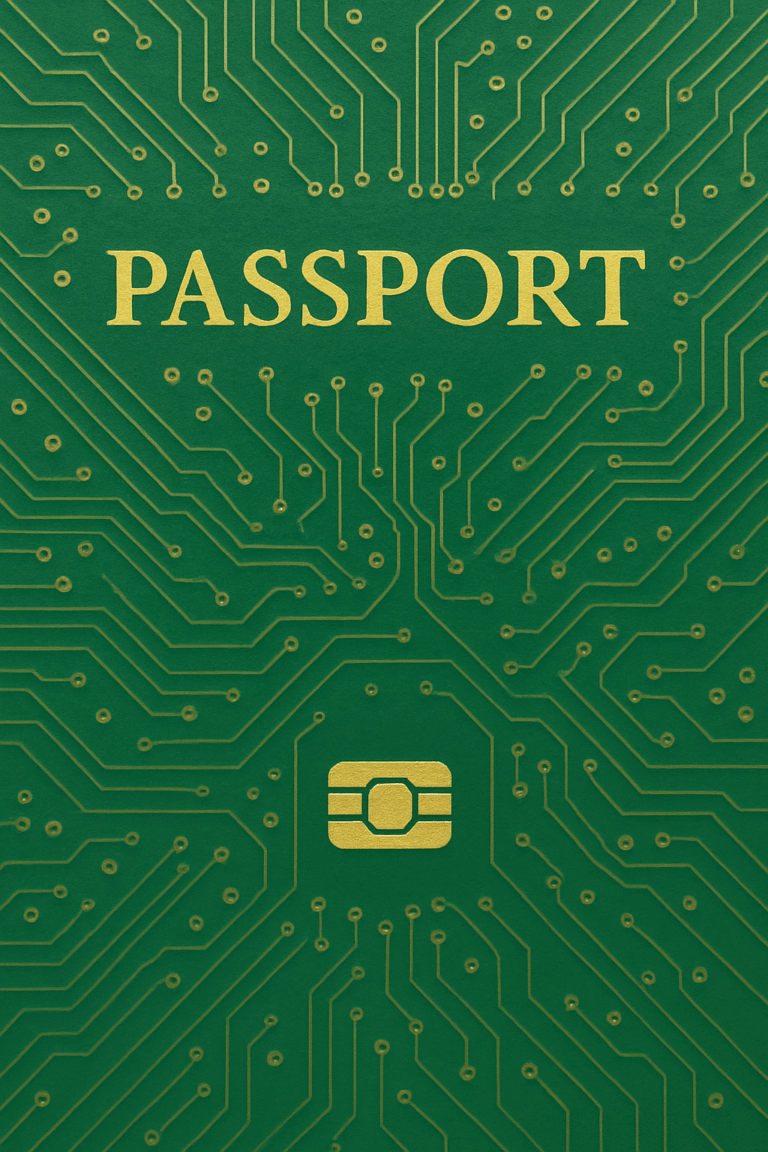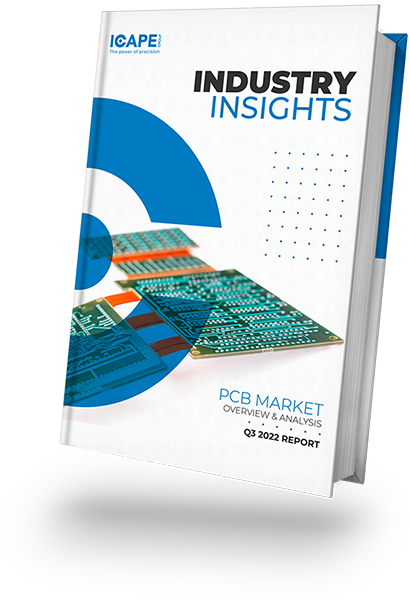2026 Sustainability Regulations
Major shift for PCB Manufacturers
The European Commission has officially entered a new phase in its strategy for sustainable electronics. In June 2025, three new regulation frameworks were finalized, marking a watershed moment for the printed circuit board (PCB) industry.
These measures, effective as soon as January 1, 2026, are part of the EU’s push toward a circular economy and will dramatically change how PCBs are designed, labeled, and documented.
From mandatory recyclability labels to digital product passports and strict compliance reporting, the new requirements create both compliance challenges and sustainability opportunities for manufacturers and OEMs operating in the EU market.
Below, we break down each of the new rules, provide context on their implications, and outline practicalsteps to ensure compliance.
1. Recyclability labeling requirement
Effective Date: January 1, 2026
Legal Basis: Packaging and Packaging Waste Regulation (EU 2025/40), extended to non-packaging products
For the first time, non-packaging electronics, including PCBs, will fall under the EU’s recyclability labeling framework. This development follows the European Green Deal’s objective to reduce e-waste and increase material recovery rates, particularly for complex electronic assemblies.
What the Regulation Says: Starting in 2026, all PCBs placed on the EU market must display a recyclability label that includes:
• The percentage of recyclable materials used in the product.
• Clear, standardized instructions for dismantling and material separation at end-of-life.
This label must be visible, durable, and accessible to recyclers and consumers. For multilayer PCBs or
embedded systems, manufacturers must provide separation pathways even for components like copper traces, epoxy resin substrates, or halogen-free solder masks.

Industry impact
According to Eurostat, over 10 million tons of e-waste were generated in Europe in 2023, with less than 40% effectively recycled. PCBs, often containing valuable but difficult-to-separate metals, are a key contributor to this issue. The new labeling aims to close the loop by making component-level recycling viable and traceable.
2. Mandatory Digital Product Passports (DPPs)
Effective Date: June 2025
Legal Basis: Delegated Act under the Ecodesign for Sustainable Products Regulation (ESPR)
The European Commission has officially confirmed that Digital Product Passports (DPPs) will be required for PCBs starting in 2026. DPPs are digital records that provide comprehensive, real-time information about a product’s design, composition, and lifecycle, enabling smarter repair, reuse, and recycling.
Requirements for PCBs:
Each PCB must be registered in the EU DPP database and include:
• Full material breakdown (e.g., FR4 substrate, copper weight in oz/ft2, solder mask type and
chemicals, plating layers)
• Repair and disassembly options
• End-of-life certification, including recycling partners and available treatment paths
The DPP must be accessible via QR code, RFID, or product serial number linking to the EU-wide registry.

Industry impact
This is a paradigm shift for electronics supply chains. For example, tier-1 suppliers must now trace and declare upstream materials, while OEMs must ensure their final PCB assemblies meet reparability thresholds. DPPs are not just for regulators, they enable transparent supply chains, sustainable sourcing, and green procurement decisions.
“The DPP will make sustainability data a market differentiator,” says Katrin Lummer, Policy Director at the European Electronics Council. “Buyers will begin comparing PCBs based on their lifecycle footprint, not just price.”
3. ESPR compliance plan deadline
Effective date: December 31, 2025
Legal Basis: Delegated Act under ESPR, published June 2025
Perhaps the most urgent requirement is the submission of a formal compliance plan by the end of 2025.
This plan will demonstrate how a company’s PCB products align with new ESPR targets, including:
• Minimum recycled content thresholds (yet to be finalized, but expected to range from 10% to 30% depending on material)
• Durability and life-cycle benchmarks
• Reparability standards, such as modular board design or socketed components

Industry impact
PCBs not backed by an approved ESPR compliance plan cannot be sold in the EU from January 1, 2026 onward. This measure ensures that all PCBs in circulation are designed with sustainability and longevity in mind.
Non-compliance could result in customs detainment, fines, or product recalls, especially for high-volume industrial PCBs in automotive, telecom, or medical sectors.

How to prepare for 2026?
To ensure uninterrupted access to the European market, companies should begin immediate alignment across design, supply chain, and legal departments.
1. Conduct a recyclability audit
Review all PCB products and materials to identify opportunities for improved recyclability.
2. Optimize layouts and BOMs
Collaborate with design engineers to simplify disassembly and enhance recycling efficiency.
3. Build your DPP infrastructure
Engage with service providers or internal IT to develop a digital passport system.
4. Submit your ESPR plan
Ensure your compliance plan is submitted before December 31, 2025 and properly documented.
5. Train internal teams
Educate staff on DPP protocols, ESPR compliance, and recyclability labeling standards.
6. Partner for end-of-life
Work with recycling partners to validate and certify the end-of-life process.
How ICAPE Group supports customers through EU compliance
At ICAPE Group, we are fully aligned with the European Union’s push for sustainability and transparency in electronics manufacturing.
As a global leader in PCB sourcing and production, we offer our customers end-to-end support to comply with the 2026 EU regulatory framework.
From material traceability and documentation to eco-design consulting and Digital Product Passport
(DPP) readiness, our teams work closely with clients to:
• Identify recyclable and compliant material alternatives
• Redesign PCB layouts for improved disassembly and durability
• Generate accurate recyclability labeling data
• Register products in the EU’s DPP database
• Prepare and submit ESPR compliance plans ahead of the December 31, 2025 deadline

“We also collaborate with certified recycling and recovery partners to help our customers define responsible end-of-life pathways, turning compliance into a real competitive advantage. Whether you’re a small OEM or a multinational, ICAPE Group brings the expertise, network, and digital tools to guide you through every step of this new regulatory era”
Business implications and opportunities
While the regulatory burden may seem steep, early movers can benefit significantly:
• Improved brand reputation through visible environmental commitments
• Stronger ESG scores for investors and stakeholders
• Faster approvals and smoother customs clearance within the EU
• First-mover advantage as procurement departments prioritize compliant and traceable products
These regulations are also expected to set a global precedent, with similar frameworks under discussion
in the U.S., Canada, and South Korea.
The EU’s 2026 regulations are a transformational moment for PCB design and manufacturing.
Compliance will require investment, collaboration, and innovation, but it also signals the future of electronics: transparent, repairable, and recyclable by design.
Failing to act now could result in market exclusion. But acting early is more than compliance; it’s leadership in the next era of sustainable electronics.


